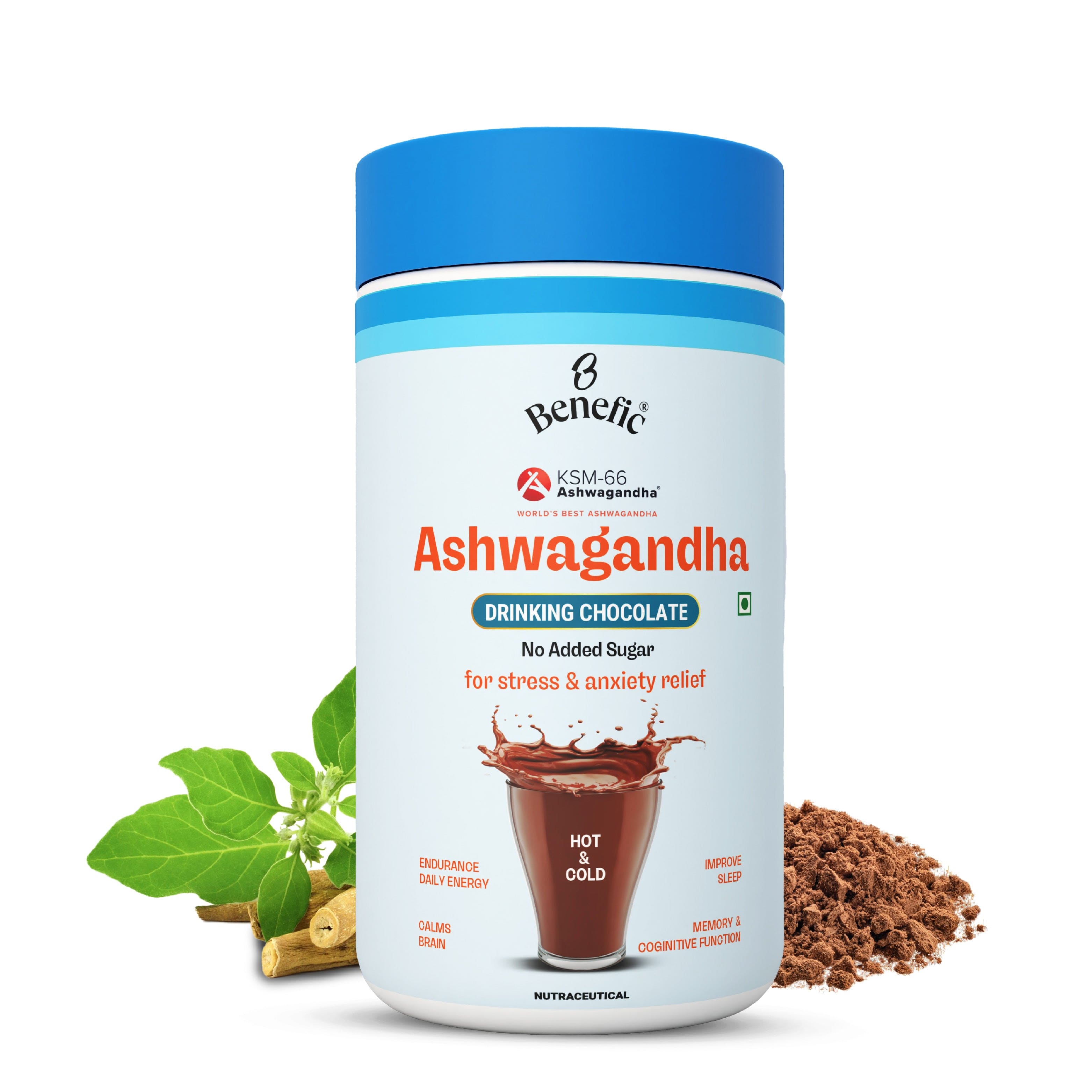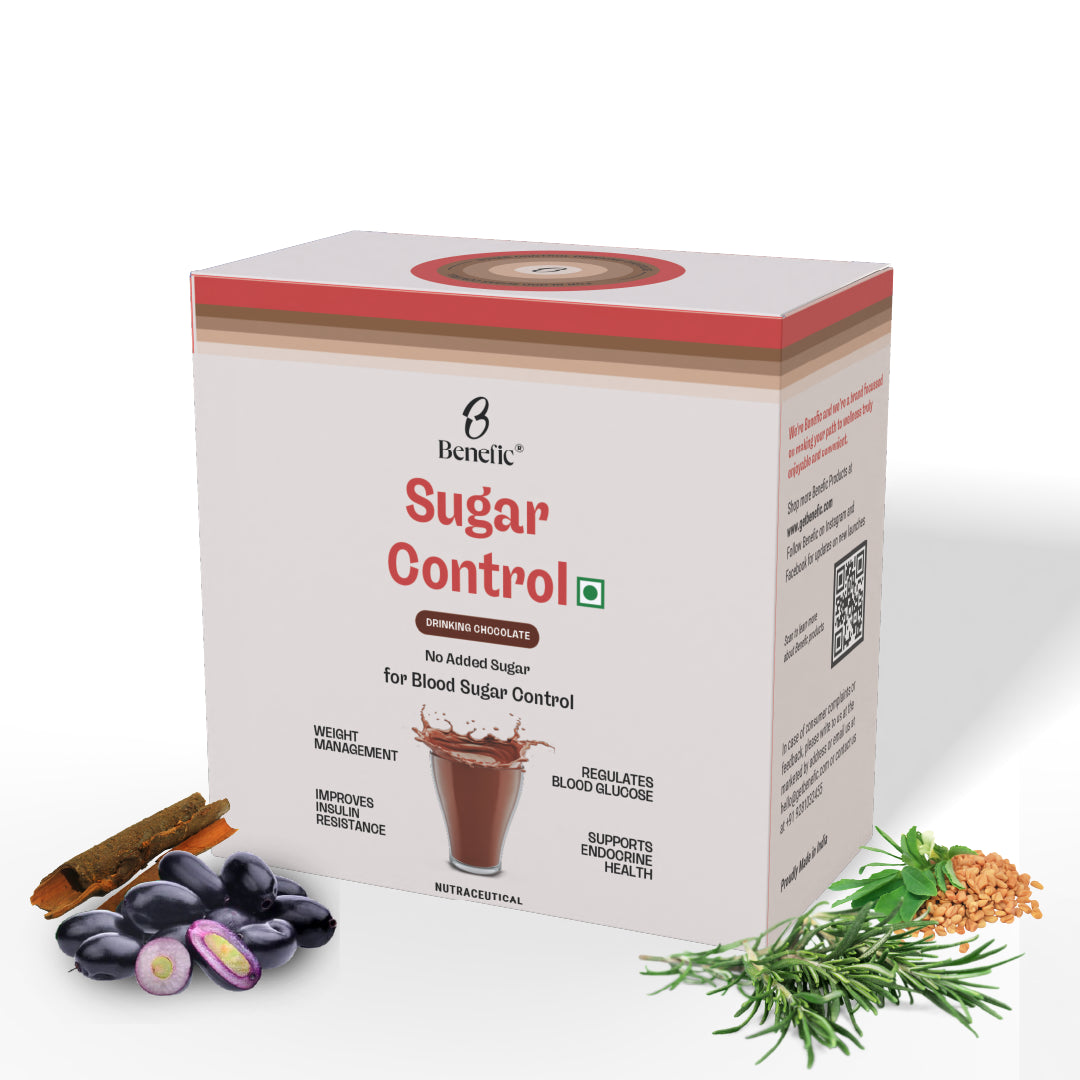"Timing your sleep is like timing an investment in the stock market- It doesn't matter how much you invest, it matters when you invest."
-Kulreet Chaudhary, MD, Renowned Neurologist
Although sleep seems like a no-brainer, only a few people pay attention to it. Sleep can make or break your ability to lose weight, age slowly, prevent cancer, and work productively. Studies have shown that just one night of sleep deprivation can make you as insulin resistant as a person with type 2 diabetes.
When your sleep suffers, your key relationships and parenting suffer and work productivity declines. The levels of cortisol, a key stress hormone, increase, which makes you eat more and store belly fat. As sleep regulates most hormone production, it is part of your circadian rhythm, meaning that it occurs under a repeatable, 24-hour process and is determined by the light-dark cycle of our environment.
Taking medications is not a solution for most because poor sleep is not usually from a single cause. We need broader solutions. This article will discuss some of the easiest ways to upgrade your sleep, which in turn will upgrade your health and life.
Make sure you get more sunlight
Sleep cycles are heavily impacted by the amount of sunlight we receive during the day. One of the most vital body chemicals that light exposure affects is the neurotransmitter serotonin, which is critical for regulating your body's internal clock.
Serotonin is commonly known to help bring about happiness and well-being. It is influenced by the amount of natural sunlight you get as well as your diet and physical activity levels. Human eyes have special light receptors that send information to the brain's centre to trigger the production of more serotonin.
Vitamin D also has a strong link to sleep. Skin absorbs UV rays from the sun that automatically promote the production of more vitamin D and serotonin. If you are not getting enough exposure to natural light, our serotonin production and health will suffer.
Getting direct sunlight outdoors for at least 30 minutes has been shown to produce the most benefits. But when it comes to sleep benefits, all sunlight is not created equal. The body clock is most responsive to sunlight in the early morning, between 6.00 am to 8.30 am.
Minimise or avoid screen time before bedtime
Reducing screen time at night could significantly improve our sleep quality immediately. The blue light from the screens suppresses melatonin production, affects our internal body clock, and throws off our circadian rhythm. Melatonin is a crucial hormone responsible for controlling our sleep-wake cycle. When melatonin production is disturbed, one could experience insomnia, irritability, and tiredness throughout the day.
If you want to give your body the deep sleep it needs, turn off all blue light-emitting screens at least 90 minutes before bedtime to normalise melatonin and cortisol levels. Remove all sleep-sucking blue spectrum of light from TV's, laptops, desktops, iPads and smartphones before bedtime.
Opting for an alternative night-time activity like reading books, talking to loved ones, turning off automatic smartphone notifications, and using blue light blockers, such as eyeglasses that block blue light, could greatly help.
Take care of your gut to fix your sleep
Your digestive health can dramatically impact our sleep more powerfully than we can think. The environment in our gut can often determine whether you can get a good night's sleep.
There are friendly bacteria and unfriendly or opportunistic bacteria in our gut. Interestingly, even the unfriendly bacteria have a role to play, but the ratio of friendly bacteria to unfriendly bacteria matters.
Gut bacteria also have a circadian timing system. Studies have shown that a virtual "changing of the guard" happens every night to help keep the ratio of friendly bacteria to unfriendly bacteria at optimal levels. If you don't get enough sleep, it gives the unfriendly bacterial flora a chance to take over the gut.
Some food constituents clinically proven to damage or disorient our gut microbe are pesticides, processed foods, haphazard or repeated antibiotic use, chemical food additives, preservatives, and chlorinated water.
The types of foods you eat and the nutrients they contain could also determine the quality of your sleep. Sleep deprivation often leads to overeating or binge eating and unhealthy food choices, which eventually helps the unfriendly bacteria take control of your gut.
Consider taking sleep nutrients regularly, including vitamin C, vitamin D, vitamin B6, selenium, potassium, calcium, tryptophan, omega-3 fatty acids, melatonin, probiotics, and prebiotics.
Additionally, the one mighty mineral you don't want to miss is magnesium. Magnesium is an anti-stress mineral that helps relax tense muscles, reduce pain, and calm the nervous system. Getting your magnesium levels up can almost instantly reduce your body's stress load and improve the quality of sleep. One of the most effective methods to boost your magnesium level is to apply it to your skin.
Navigate your caffeine consumption
Products containing caffeine are among the top five most traded commodities globally because people love them so much. But it is not only a bad idea to have caffeine right before going to bed, but having a caffeinated drink even as much as 6 hours before going to bed can cause sleep problems.
If you are not getting enough deep sleep due to caffeine, it inevitably makes you more tired. Being tired makes you want more caffeine. And the extra caffeine you consume the next day will eventually make your sleep problems worse. So you need a clear plan to break this vicious cycle to ensure that you are getting the sleep your body deserves.
Caffeine not only affects your nervous system, but it affects your endocrine system too. It triggers your adrenal glands to produce two anti-sleep hormones, adrenaline and cortisol.
Set an unbreakable caffeine intake plan to ensure your body has enough time to remove most of it from the body before bedtime. For most people, that's generally going to be before 2.00 pm. But you might want to make your curfew start even earlier or probably avoid caffeine altogether. As caffeine incites your body's production of cortisol, it can be best utilised first thing in the morning to encourage a cortisol boost.
Try Ultimate Brain Fuel Chocolate Bites from the wide range of Benefic nutraceutical products. It contains natural brain-boosting supplements like L-theanine and Alpinia Galanga, which are caffeine-free and improve sleep quality, mental alertness, and clarity without causing sleep disturbances.
Keep your sleep environment cool
During hot summers, you might have noticed while trying to sleep through the heat; you didn't sleep well. It is because the temperature of our bodies has a very strong impact on our ability to sleep.
Your body's ability to control its body temperature, called thermoregulation, heavily influences the body's sleep cycle. When it's time to sleep, core body temperature automatically drops slightly to help initiate sleep. If the temperature of your sleep environment stays too high, it can pose a big challenge for your body to get good deep sleep.
Many studies have demonstrated that optimal room temperature for sleep is around 15°C to 20°C (60°F to 68°F). Anything too far below or above this range will cause some difficulty sleeping. So maintain a pleasant and cool environment in your room and snuggle up for a great night's sleep.
Taking a warm bath 1.5 to 2 hours before going to bed can also help make your body temperature a little cooler right around the time you turn in for the night.
Chose the right time to go to bed
Studies have shown amplified benefits of sleep by sleeping somewhere between 9.00 pm to 11.00 pm most of the year. The human body gets the most beneficial hormonal secretions and recovery from sleep between 10.00 pm to 2.00 am. If your health is dear to you and is your number one priority, don't work the night shift. Try and work at regular hours to benefit your health and happiness.
During normal nighttime sleep, your body follows a predictable pattern moving back and forth between deep sleep and alert stages (non-REM) and dreaming (REM sleep). The combination of REM and non-REM sleep stages form a complete sleep cycle. These sleep cycles typically last 90 minutes each and repeat 4 to 6 times per night. Six normal 90-minute sleep cycles would equal 9 hours of good-quality sleep.
Workout smart
It's not the exercise itself, but when and how it is done is key to optimising your sleep. Nighttime is not the best time to exercise; morning workouts are ideal for getting the best sleep at night. Studies have shown that morning exercises have up to 75% more time in the "deep sleep" stage at night.
Working out late in the evening increases your core body temperature, and it can take more than 4 to 6 hours for the body temperature to come down again.
The best form of exercise is the exercise you will actually do. Make sure you enjoy what you do, and you get some activity in during the first part of the day. It is not only that exercise impacts your sleep, but sleep also impacts your exercise dramatically. Poor night's sleep could lead to less frequent and shorter workouts the next day.
Bottom Line
Your sleep quality and the quality of your life go hand in hand. Learning to sleep smarter should be the top health priority in pursuing a great life.
Your body requires high-quality sleep to boost hormone functions, heal muscles, tissues, and organs, protect you from diseases, and make the mind work optimally.
You will perform better, be more efficient, make better decisions and get more stuff done when you get the required sleep.




















